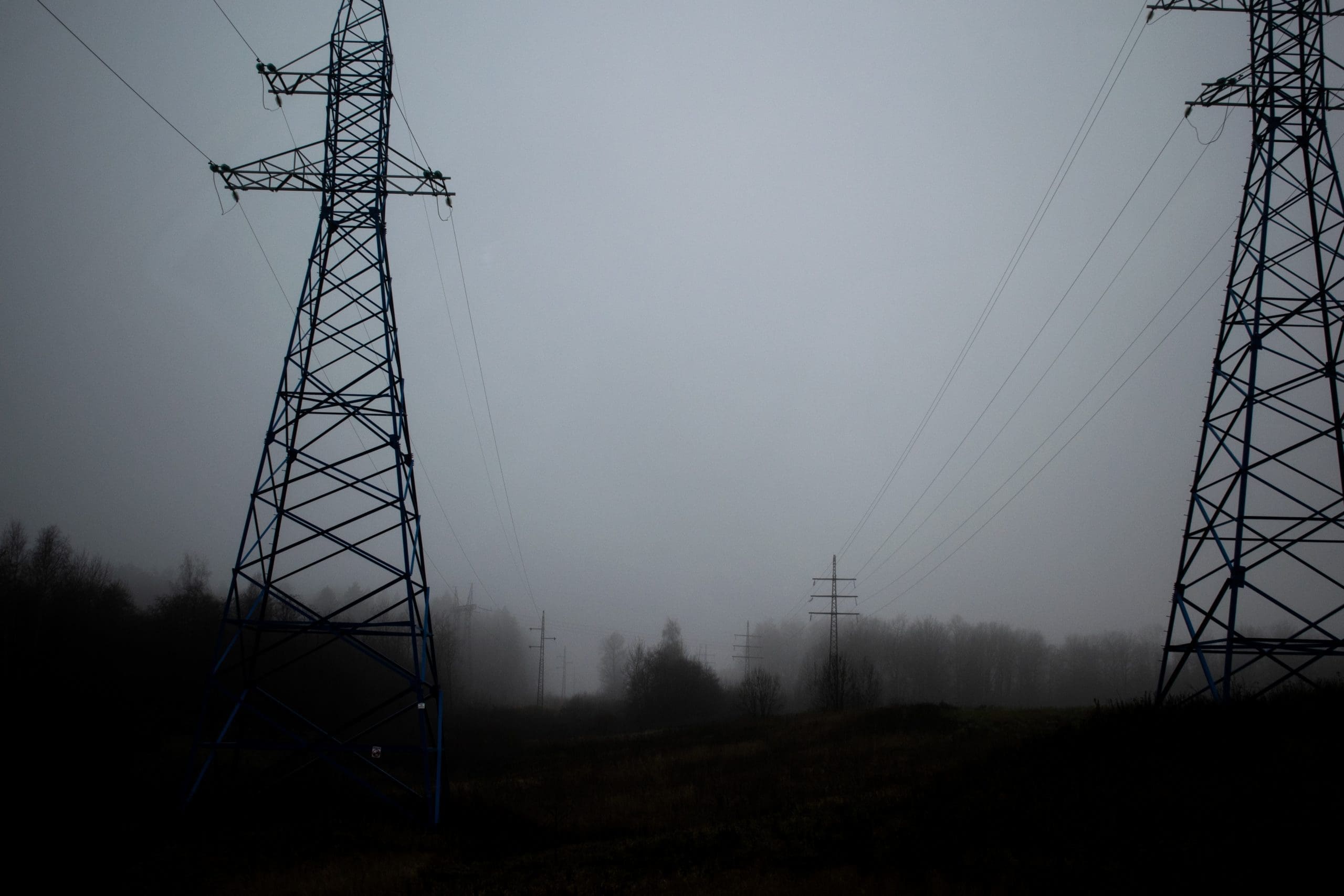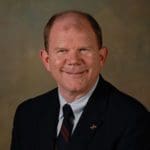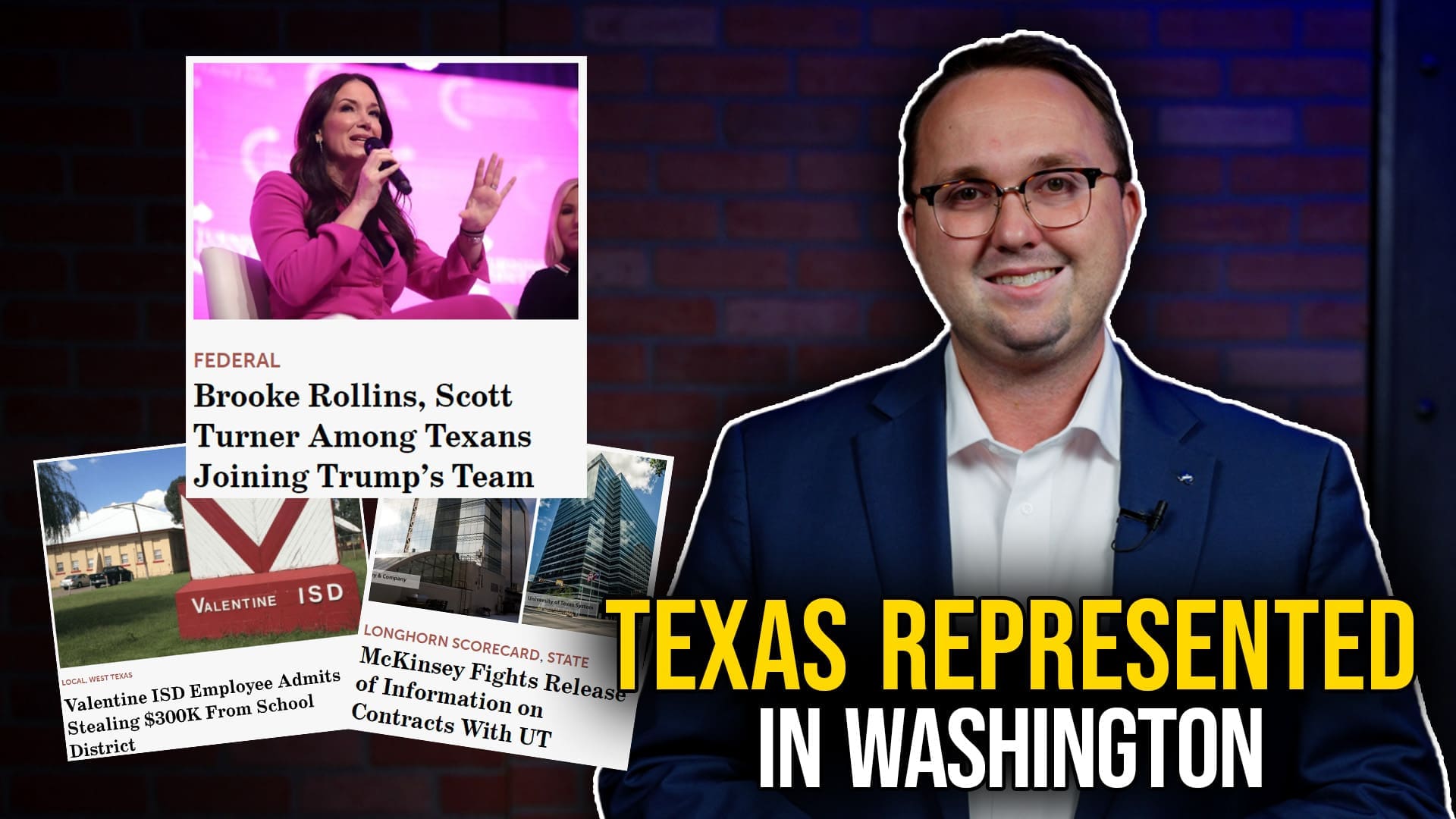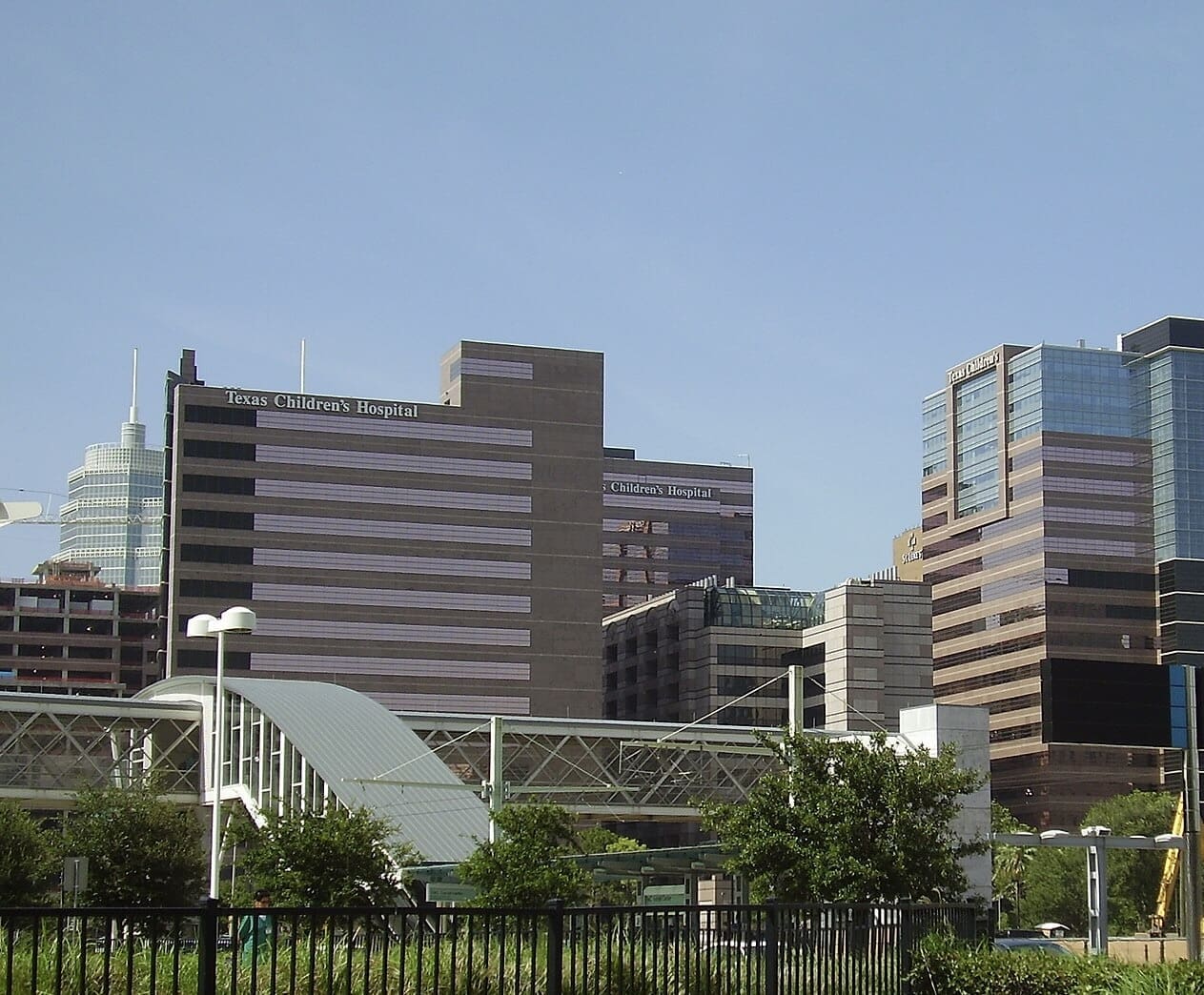This is the fourth installment in a series on the recent Texas power outages.
The Bible may not have been the first place you turned to over the last couple of weeks to look for information about the Texas blackouts.
This may be in part because some in the church today teach us that the Bible and Christianity are not really appropriate for the public square, that if we go much beyond “thou shall not kill,” the Bible doesn’t inform us very much when it comes to public policy.
Yet I believe this perspective sells the Bible short—and leaves the culture in great danger of God’s judgment.
To understand this in the context of the Texas blackouts, let’s start with Exodus 20:15:
You shall not steal.
The Eighth Commandment is very straightforward; do not take someone else’s private property. Yet in today’s world, this commandment is applied far too narrowly.
Perhaps the most common way this commandment has been applied in criminal justice is the determination that an individual’s “taking of the property or services of another without consent” is theft, a crime punishable by the state.
A number of activities are considered to be crimes under this general heading—larceny, burglary, armed robbery, etc. What they all have in common is that the taking of property without consent must be done by an individual. What is not included, however, is when the government takes an individual’s property without consent for the purpose of transferring it to another individual.
Thus, we have the welfare state. Today, we are not looking at government welfare for individuals—about which the Bible also has much to tell us. Rather, we are looking at corporate welfare, also known as corporate cronyism.
Corporate welfare is simply the government providing some benefit to a private entity paid for by citizens without their consent. The benefit can come in the form of cash payments, tax credits, loans, socialized costs, or regulatory favoritism. When it comes to renewable energy, the industry has received corporate welfare through all of these ways.
In Texas, the most lucrative form of corporate welfare for renewables from 2006 through 2019 has come through federal tax credits totaling $7.5 billion. Next is socialized transmission costs, coming in at $7.3 billion. The federal government also made cash payments to the industry following the Great Recession of about $2 billion. The next largest benefit has been local property tax abatements, estimated to be about $1.1 billion. All told, the industry received $19.4 billion from citizens without their consent. In 2018, these benefits provided nearly 30 percent of the industry’s income.
Until recently, much of this could not have occurred; corporate welfare was illegal in Texas. The Texas Constitution prohibited the “grant[ing of] public money or thing of value in aid of, or to any individual, association or corporation.”
Then in 1987, the Legislature sent a constitutional amendment to Texans allowing the “creation of programs and the making of loans and grants of public money … for the public purposes of development and diversification of the economy of the state, the elimination of unemployment or underemployment in the state.” It passed with 51.7 percent of the vote.
In other words, until 1987, the Eighth Commandment was properly applied in Texas law, which recognized the immorality, graft, and corruption inherent with using government as the intermediary for taking someone’s private property without their consent. Today, that is no longer the case.
As a result, we now have an industry—renewable energy—built entirely on theft. Wind and solar cannot compete on price, efficiency, or reliability against traditional forms of generation such as coal, natural gas, or nuclear. Without the billions of dollars of biblically proscribed benefits, the renewable energy industry would not exist in Texas. Thus, if we had not removed the Eighth Commandment’s prohibition against corporate welfare, it is quite possible we could have kept the lights on in Texas.

The chart above shows that during a 40-minute period in the early morning hours of Monday, February 15, ERCOT (the grid manager for most of Texas) ordered transmission entities to shed 10,500 megawatts of load, meaning that customers totaling 10,500 megawatts of use had their electricity cut off. I’ve heard estimates that at least 20,000 megawatts of load were involuntarily without electricity during the few days of outages—though the number could be higher.
In Texas, renewables have about 35,000 megawatts of generation capacity. However, on Monday morning, 29,7500 megawatts of wind and solar generation were offline. If only a third of this had been available, ERCOT may not have had to cut off electricity during that critical 40-minute period.
To better understand this, let’s take a step back. What if Texas did not have an electric grid of which a significant portion was built on theft? What if the grid was 100 percent powered by generation built with revenue received through voluntary payments of Texas consumers?

Given that nuclear, coal, and natural gas made up more than 90 percent of the generation in Texas in 2007—before renewable subsidies distorted the market, we can surmise that almost all of the 35,000 megawatts of generation capacity currently owned by renewables would instead be one of those sources. Taking into account the capacity factors in the above chart, it is safe to say that about 40-50 percent—or 14,000-17,500 megawatts—of that generation would have been available during the freeze. That is, we would have had at least an additional 9,000-12,000 megawatts available to keep the lights on, with the possibility of more.
Would this have been enough to keep the lights on? Quite possibly. But even if it had not been, it almost certainly would have been enough to allow for true rolling blackouts where people were without power for 30 minutes instead of two or three days. In that case, we would not have lost water. The inconvenience would have been less than we experience during a routine thunderstorm that knocks out a transformer in the neighborhood.
God judges cultures that disobey him. Just like our nation is falling headlong into moral decay because of the murder of millions of babies since Roe v. Wade, a society built on theft—theft by the government goes far beyond the Texas electricity market—is not likely to fare well. The blackouts in Texas provide a warning for us of where Texas is headed if we continue to flaunt God’s Word given us in the Eighth Commandment.
This is a commentary published with the author’s permission. If you wish to submit a commentary to Texas Scorecard, please submit your article to submission@texasscorecard.com.





